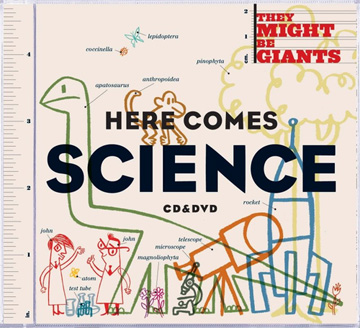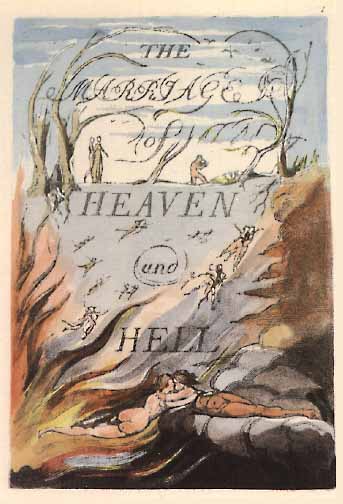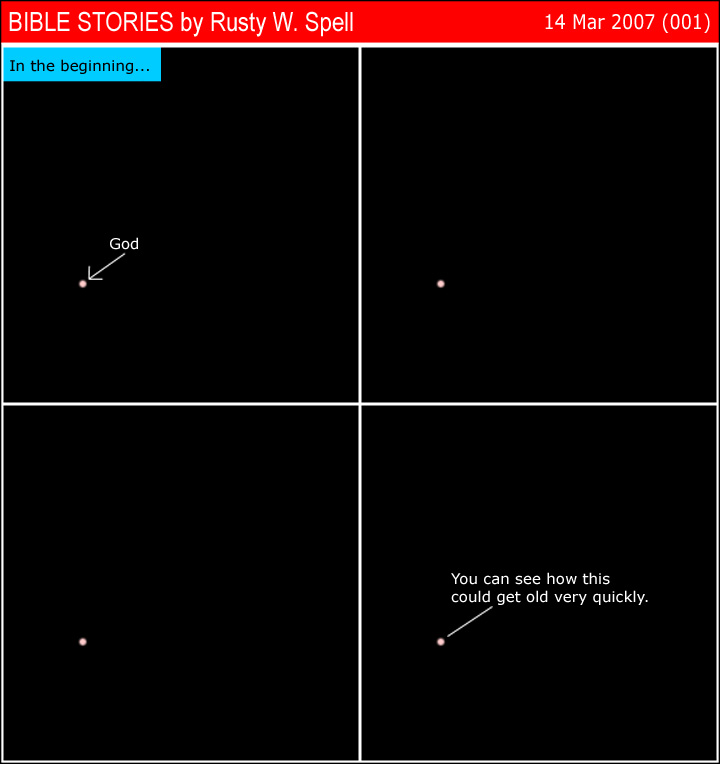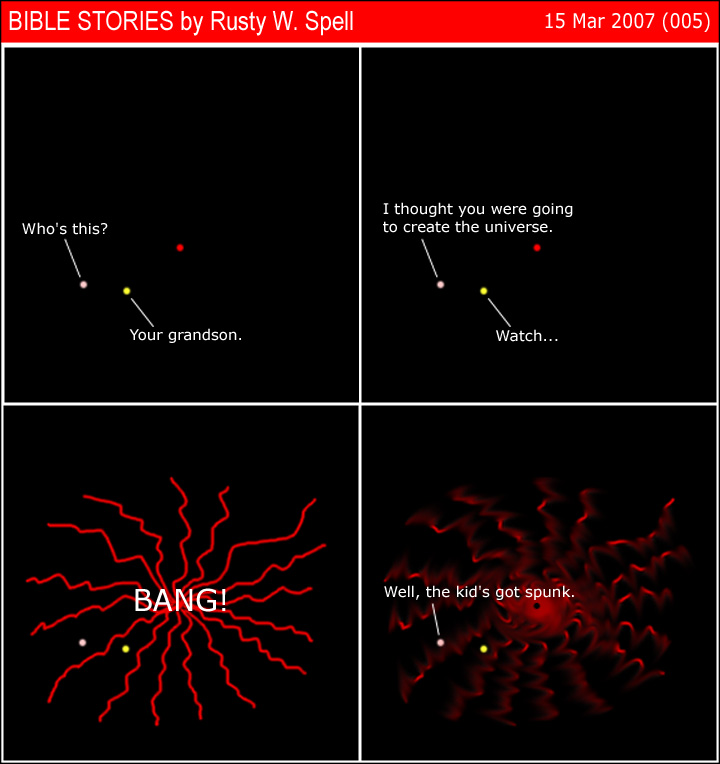
C.S. Lewis properly defined
faith as a virtue that allows us to hold on to our
reasoned ideas in spite of any mood shifts or other temporary shaky grounds we might encounter. The "reasoned" part is important. Let's take a non-religious example. Let's say that you meet the same friend for lunch every Sunday at noon, always nearly on the dot. You've been doing this now for a year. One day it gets to be four minutes past twelve and your friend hasn't shown up. But you have faith that he will show up or will at least call to let you know what happened. Your faith is based on evidence, on reason, and you remain calm. You don't start cursing his name or thinking he doesn't exist. And sure enough, here your friend is at five minutes after, explaining that he got detoured because of a parade route. You can safely keep your faith.
Unfortunately (as I briefly suggested in the
Mere Christianity post), many religious people aren't using this reasonable definition of faith. An example to illustrate their altered definition runs something like this. Your parents call you up and tell you that someone you haven't met wants to have lunch with you at noon and would like to make this a Sunday tradition. So you show up to the restaurant. The person isn't there, but you go ahead and order anyway. Not only do you order your food and begin happily eating, but you talk to the empty seat as if someone is sitting there. You do this every Sunday. Some people around you at the restaurant begin to question you, but you tell them, "I have faith." "Faith that this person will show up?" they ask (thinking perhaps you are in
Waiting for Godot territory). "No," you say, "faith that he is right here in front of me. If you don't believe me, you must not have faith."
I don't think this is an exaggeration of what "faith" means to some people where God is concerned. If God is something that you arrived at because of some genuine reason, then fine. There will be reasons to have faith in him. But if you believe in God (or in something about God) simply because your parents told you (or some other "authority"), then you're just as insane as the guy talking to himself at the T.G.I. Friday's.
An actual example I've encountered over and over again that demonstrates something worse than this mentality is the person who was taught the Genesis stories at an early age and took them as literal fact. No harm, no foul yet--but eventually this same person has it
proven to them (and this person, in a strong sense, believes the proof) that the earth is billions of years old, that evolution is a fact, that the story of Noah is an impossibility, etc. But, in spite of this proof, this person feels that it is the right thing to do to ignore this new evidence and insist that these Biblical events actually happened... on faith.
This person might be asked, "Okay, you don't like new evidence. What about stories even older than Genesis? What about stories about Ra from the Ancient Egyptians or stories about Marduk from the Mesopotamians? Is it not a lack of faith to have shifted from those works which are at least a thousand years older than the Bible?" The answer is usually something like "Those are just ridiculous" or "I don't know about those" or "That's not what I was taught."
So it turns out that the new and unimproved definition of faith is this:
Faith is believing in whatever the very first fucking thing you ever heard was and sticking to it until the day you die no matter what reality has to say about it.
There's nothing wrong with believing almost anything (the literal nature of Genesis included) if you have a good reason for doing so, but can the above example be described as anything but a psychological disorder? If you are shown that something you thought was true isn't true anymore, it's your duty as a sane person to alter your beliefs. Otherwise you're even crazier than the restaurant guy talking to his invisible friend. Suddenly you're like a woman in the delivery room at the hospital watching your own child come out of your own body, loudly insisting that "No! The
stork brought me this baby!"
The sad fact is that if you're really interested in knowing something about God, this new perverted definition of faith is the least helpful thing for you. If you're a Christian (for example), wasn't Christ something new that came along, something unexpected, something that went against the old beliefs? Isn't this why he was killed by people "of faith"? Couldn't Charles Darwin (for example) have been the new, unexpected prophet that God sent to show us a fuller picture of the beauty and splendor and drama of the world we live in? (Hint: yes he was.) Does God ever progress, or do we always have to be stuck in 500 BCE?
Faith is a good word. It's not connected with willful ignorance or hate or insanity. It's connected with reason and trust and an actual sense of security. So gimme my goddamned word back.
 When I was a kid in the 1980s -- willing and wanting to believe in pretty much anything, from ghosts to centaurs to Robin Hood to the angel Gabriel -- I never doubted one thing: science is real. I never had a problem with that concept. Some things can be believed or imagined or wished for, while other things can actually be proven. Easy enough for a small child to understand.
When I was a kid in the 1980s -- willing and wanting to believe in pretty much anything, from ghosts to centaurs to Robin Hood to the angel Gabriel -- I never doubted one thing: science is real. I never had a problem with that concept. Some things can be believed or imagined or wished for, while other things can actually be proven. Easy enough for a small child to understand. C.S. Lewis properly defined faith as a virtue that allows us to hold on to our reasoned ideas in spite of any mood shifts or other temporary shaky grounds we might encounter. The "reasoned" part is important. Let's take a non-religious example. Let's say that you meet the same friend for lunch every Sunday at noon, always nearly on the dot. You've been doing this now for a year. One day it gets to be four minutes past twelve and your friend hasn't shown up. But you have faith that he will show up or will at least call to let you know what happened. Your faith is based on evidence, on reason, and you remain calm. You don't start cursing his name or thinking he doesn't exist. And sure enough, here your friend is at five minutes after, explaining that he got detoured because of a parade route. You can safely keep your faith.
C.S. Lewis properly defined faith as a virtue that allows us to hold on to our reasoned ideas in spite of any mood shifts or other temporary shaky grounds we might encounter. The "reasoned" part is important. Let's take a non-religious example. Let's say that you meet the same friend for lunch every Sunday at noon, always nearly on the dot. You've been doing this now for a year. One day it gets to be four minutes past twelve and your friend hasn't shown up. But you have faith that he will show up or will at least call to let you know what happened. Your faith is based on evidence, on reason, and you remain calm. You don't start cursing his name or thinking he doesn't exist. And sure enough, here your friend is at five minutes after, explaining that he got detoured because of a parade route. You can safely keep your faith. I first read William Blake in high school when I was about sixteen years old: Songs of Innocence and Songs of Experience. I liked those, but I started really liking Blake when I chose to do my eleventh grade research paper on his life and works. The more I found out about him, the more weirdly familiar he seemed to me, until I eventually started flattering myself with the thought that I must have been William Blake in a previous life (something that still crosses my mind each time I read him).
I first read William Blake in high school when I was about sixteen years old: Songs of Innocence and Songs of Experience. I liked those, but I started really liking Blake when I chose to do my eleventh grade research paper on his life and works. The more I found out about him, the more weirdly familiar he seemed to me, until I eventually started flattering myself with the thought that I must have been William Blake in a previous life (something that still crosses my mind each time I read him).
